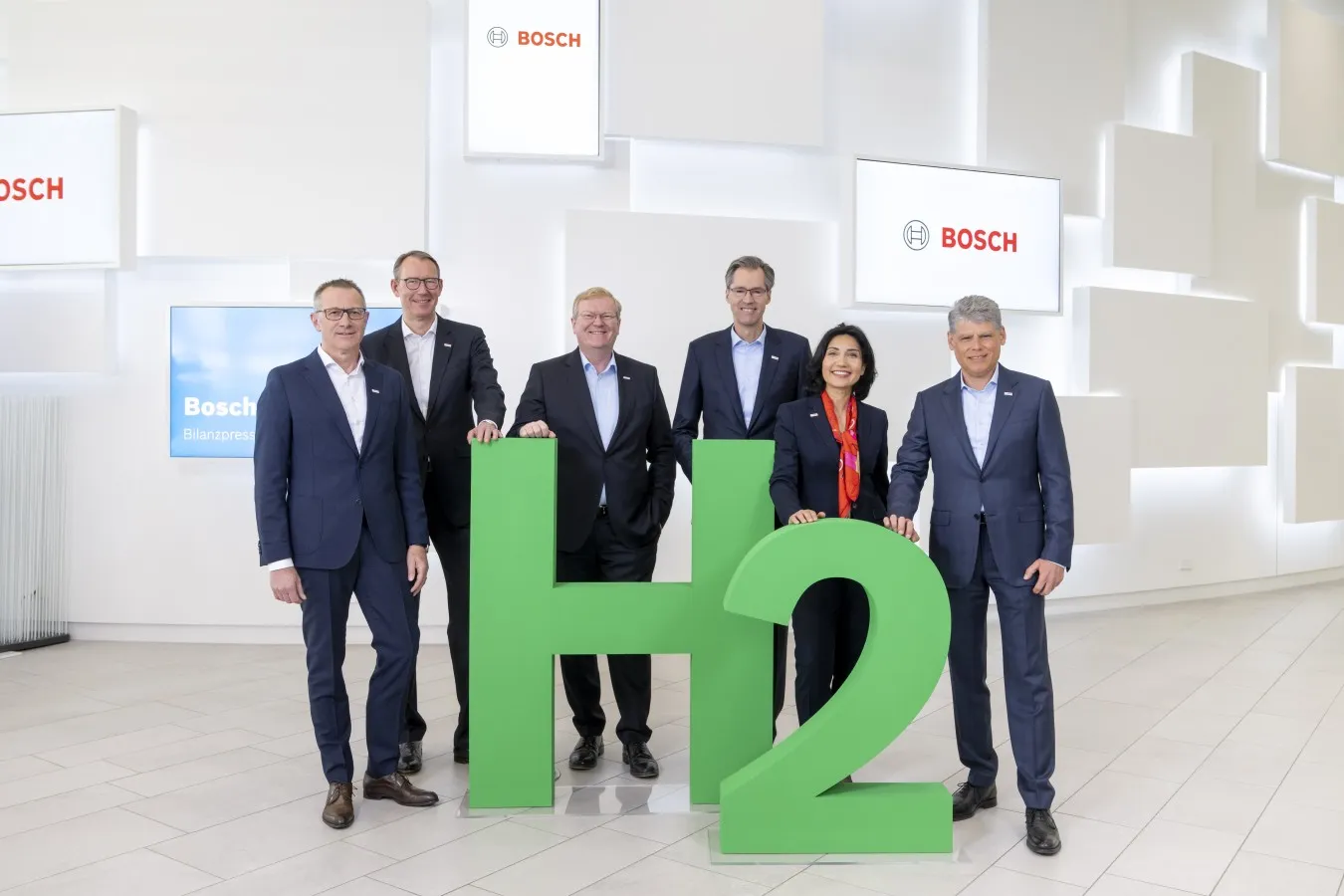According to IDTechEx, there is divided opinion on future of traction fuel cells in electric vehicles, though few argue any more that they will power the majority of electric vehicles (EVs). Nonetheless some manufacturers are very enthusiastic and now could be the beginning of the end of the trough of disillusionment, indeed the time to invest, as analysed in the IDTechEx report Fuel Cell Electric Vehicles 2015-2030: Land, Water, Air.
A comparison of views by IDTechEx) found that Toyota, Nissan, Honda,
April 24, 2015
Read time: 3 mins
RSSAccording to 6582 IDTechEx, there is divided opinion on future of traction fuel cells in electric vehicles, though few argue any more that they will power the majority of electric vehicles (EVs). Nonetheless some manufacturers are very enthusiastic and now could be the beginning of the end of the trough of disillusionment, indeed the time to invest, as analysed in the IDTechEx report Fuel Cell Electric Vehicles 2015-2030: Land, Water, Air.
A comparison of views by IDTechEx) found that1686 Toyota, 838 Nissan, 1683 Honda, 1684 Hyundai were enthusiastic, while 994 Volkswagen, 1958 Chrysler, PSA, 1674 Fiat, 1844 Mazda, 6861 Proton were sceptical and Tesla and 5445 BYD negative. Several companies see fuel cells as part of the toolkit in the future, including 4322 Yutong, which sees fuel cell EVs following future success with pure electric on-road EVs not preceding it, 1959 GM, 1731 BMW, 2069 Daimler, 278 Ford, 4822 Suzuki
Dr Peter Harrop, chairman of IDTechEx believes, "Fuel cells will have significant, profitable use in a significant minority of vehicles by 2025, maybe a few percent. However, time waits for no one and a window of opportunity is closing: there is little scope for further slippage in timescales as pure electric alternatives are rapidly improving too and they are already successful in a huge variety of vehicles".
Analysts at IDTechEx feel that it is particularly significant that, for use in open systems, electricity is ubiquitous - the more so with multiple forms of energy harvesting appearing on vehicles and their charging stations to produce substantial amounts of electricity. Hydrogen distribution will never be ubiquitous at private homes, though Honda has developed a small photovoltaic hydrogen-making station for vehicles.
Nevertheless, it is now, at the bottom of the hype curve, that prudent investment in the vehicle fuel cell value chain can be worthwhile. A large number of significant improvements are promised from viable green hydrogen to replacement of expensive platinum in the devices and some must surely be successful, mainly from 2020 onwards as the IDTechEx timelines in the report testify.
However, whereas there is great scope for consolidating the finished EV business, as Polaris Industries is proving with the highly fragmented industrial, leisure and commercial light EV sectors, there is only limited scope for consolidating the vehicle fuel cell business as yet. That is because technological change is accelerating and many fuel cells are made by vehicle manufacturers.
A comparison of views by IDTechEx) found that
Dr Peter Harrop, chairman of IDTechEx believes, "Fuel cells will have significant, profitable use in a significant minority of vehicles by 2025, maybe a few percent. However, time waits for no one and a window of opportunity is closing: there is little scope for further slippage in timescales as pure electric alternatives are rapidly improving too and they are already successful in a huge variety of vehicles".
Analysts at IDTechEx feel that it is particularly significant that, for use in open systems, electricity is ubiquitous - the more so with multiple forms of energy harvesting appearing on vehicles and their charging stations to produce substantial amounts of electricity. Hydrogen distribution will never be ubiquitous at private homes, though Honda has developed a small photovoltaic hydrogen-making station for vehicles.
Nevertheless, it is now, at the bottom of the hype curve, that prudent investment in the vehicle fuel cell value chain can be worthwhile. A large number of significant improvements are promised from viable green hydrogen to replacement of expensive platinum in the devices and some must surely be successful, mainly from 2020 onwards as the IDTechEx timelines in the report testify.
However, whereas there is great scope for consolidating the finished EV business, as Polaris Industries is proving with the highly fragmented industrial, leisure and commercial light EV sectors, there is only limited scope for consolidating the vehicle fuel cell business as yet. That is because technological change is accelerating and many fuel cells are made by vehicle manufacturers.








